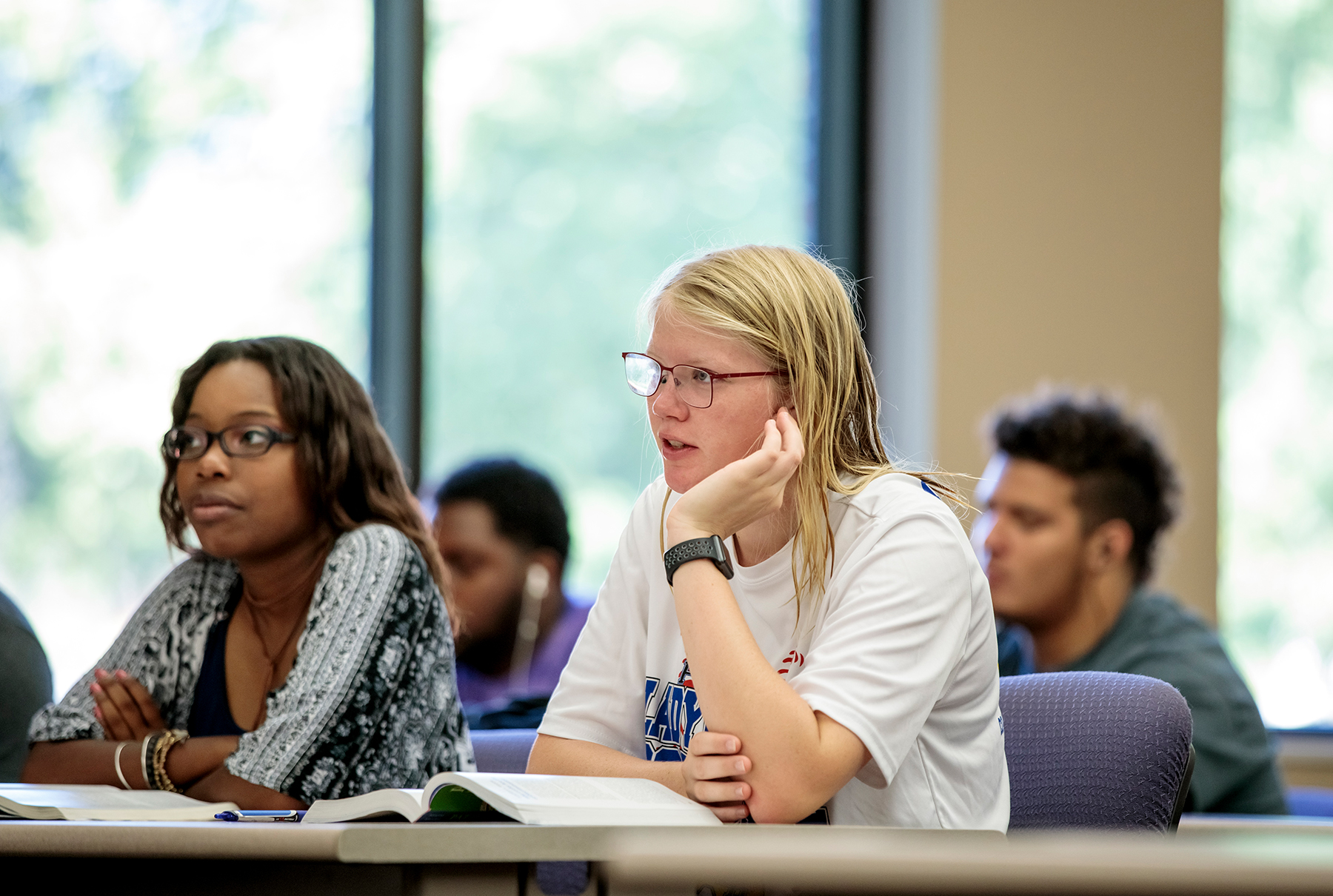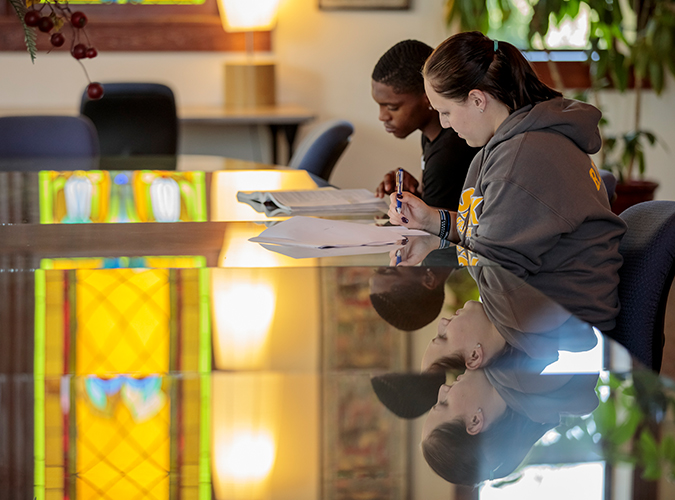The Missouri Valley College Dual Credit / Dual Enrollment Program is designed to give college-bound students an opportunity to gain college credit for courses taken while still in high school. Missouri Valley College courses are available at a significantly discounted tuition rate.
You pay $85 per credit hour for their dual credit / dual enrollment courses.
Missouri Valley College is a fully accredited college, so credits should transfer simply. Contact the college you plan to attend to verify that credits will be accepted.

